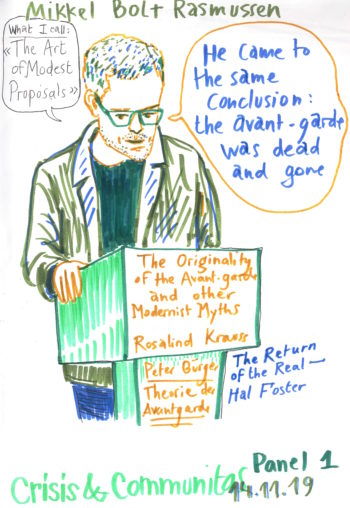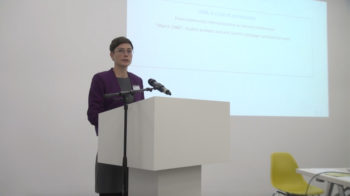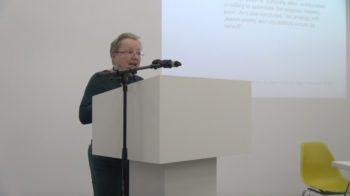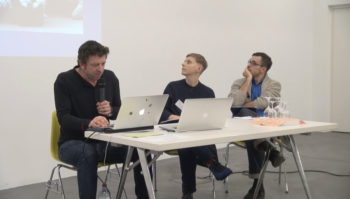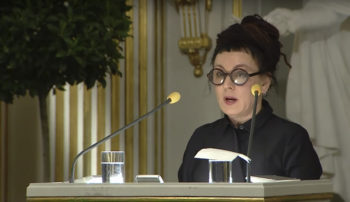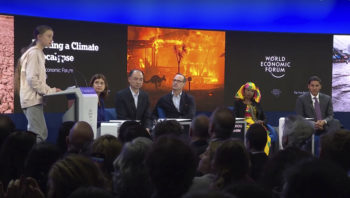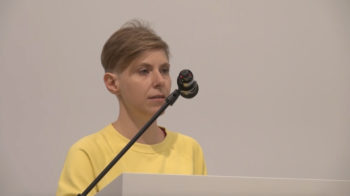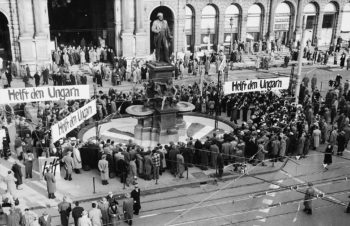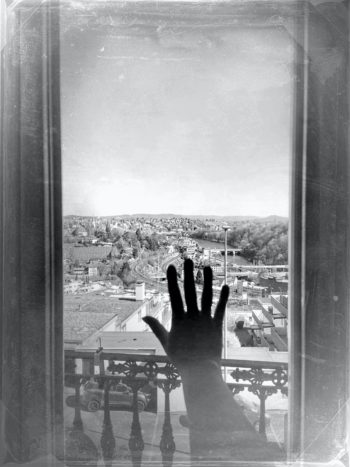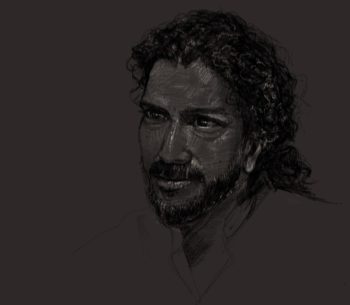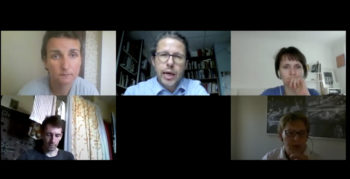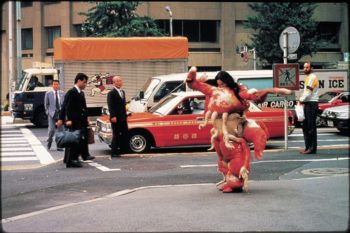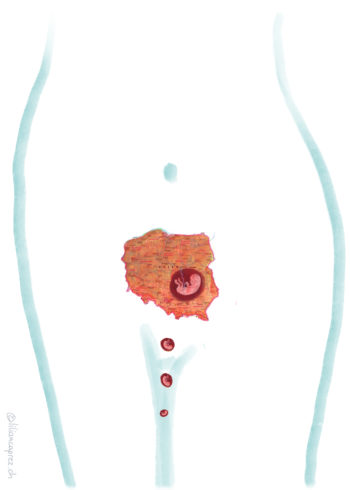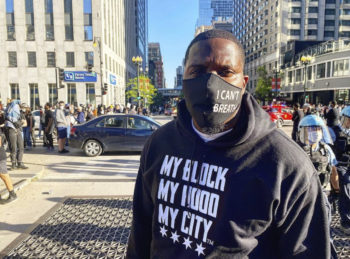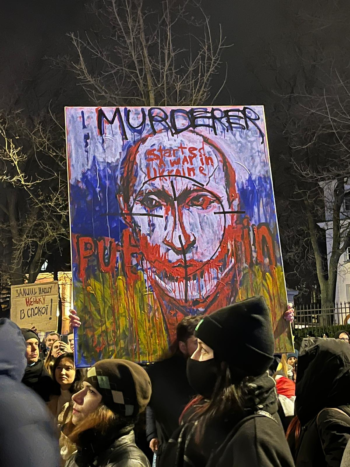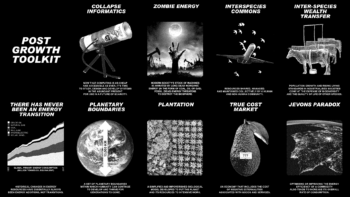Crisis can have various meanings both vernacular and academic, but all of them have one thing in common: naming a situation of social change which is not fully understood by its contemporaries, nevertheless it’s noticed or felt. This liminal status that is associated with the term makes it easy to be misused for certain political purposes, especially in the vernacular meanings. Those who abuse the term, impose ‘crisis’ onto the public discourse making it sound as a threat and a situation that demands an immediate response. Since the beginning of the new wave of right-wing populism many examples of such usage of this term appeared in the public discourse, like the ‘refugee crisis’, ‘the crisis of the EU’, ‘masculinity or femininity crisis’, ‘the crisis of traditional values’, ‘identity crisis’, ‘welfare state crisis’ etc. In all of those examples ‘crisis’ suggests that there is a problem with what’s mentioned as its attribute. To be precise: not just a problem, but one that needs a radical solution, because the social order we are used to is facing a threat that can be stopped only by an exclusion of a group or banning a process, that is endangering the society we know and by which we were shaped.
This most popular and ideological use of the term ‘crisis’ is not fruitful in the analyses in the social sciences and humanities, which concentrate more on understanding than excluding. therefore they use the term in a completely different meaning, but not contradictory to the one mentioned before. The social sciences and humanities view crisis as a situation in which patterns of functioning and acting inherited by individuals in the process of socialization are not applicative to the reality any more. Usually such situations are a consequence of a longer process, a crisis that evolves for many years. Probably the biggest crisis of this kind in the second part of XX century was the change of employment and production model, that led to new forms of exploitation and colonization, but also opened potentialities for new forms of possible communities, able to replace the ones connected with the old social norms and hierarchies. In a similar way the raising awareness of climate change and proof of the danger it brings influenced thinking and acting in the name of non-human actors and started to change the human - oriented perspective of politics. In other words, crisis in this notion is a dialectical process, a reaction to a social shock, that shapes new forms of living together.
The ideological meaning of crisis is a consequence of crisis understood as a social change. Usually it emerges from action of people trying to stop the mentioned self-developing forms of community and replace them with other ones, that are presented as representing an old order or bringing it back in a new form. Therefore, crisis is a condition of any change in thinking about the societal processes as well as in the real organization of society.







